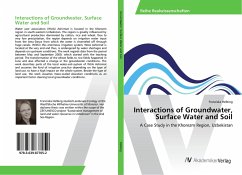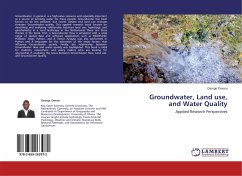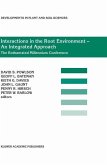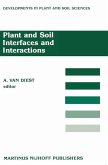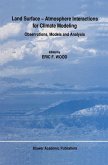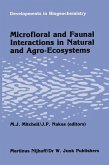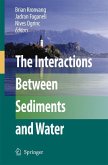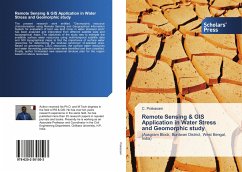Water user association (WUA) Ashirmat is located in the Khorezm region in south-western Uzbekistan. The region is greatly in uenced by agricultural production dominated by cotton, rice and wheat. Due to very low precipitation, the region depends on irrigation water input from the Amu-Darya from which the water is channeled o through huge canals. Within this enormous irrigation system, WUA Ashirmat is located at the very end and thus, is endangered by water shortages and depends on upstream conditions. The work regards data from the period between May and September 2009, which started with the leaching period. The transformation of the wheat fields to rice fields happened in June and also e ected a change in the groundwater conditions. The work describes parts of the local water-soil-system of WUA Ashirmat and assumes the kind of irrigation practice depending on the type of land use, to have a high impact on the whole system. Beside the type of land use, the work assumes meso-scaled elevation conditions as an important factor steering local groundwater conditions.
Bitte wählen Sie Ihr Anliegen aus.
Rechnungen
Retourenschein anfordern
Bestellstatus
Storno

